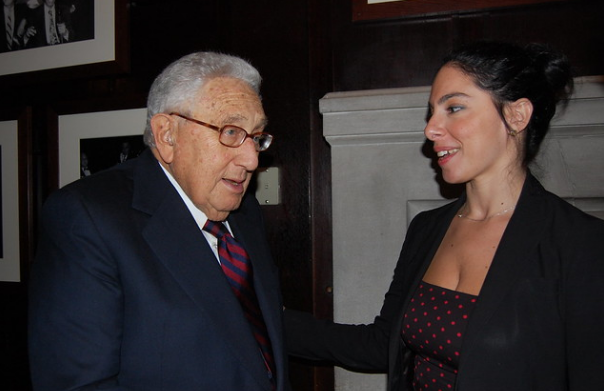In the non-fairy-tale world we actually live in, nobody pays much attention if some random urchin on a street corner starts shouting that a feared and lofty potentate isn’t wearing any clothes. But if the shouters are a pair of prestigious guardians of public rectitude and upholders of the ancient traditions of civic morality, then word that the emperor in question is not just buck naked but scrofulous and syphilitic just might begin to trickle down to the lower orders.
Such a duo of über-respectables are Thomas E. Mann, a luminary of the ever so slightly left-of-center Brookings Institution, and Norman J. Ornstein, an ornament of the somewhat more firmly right-of-center American Enterprise Institute, both of whom used to communicate in tones of calm, non-inflammatory reassurance[…]
At a lunch sponsored by The Common Good, Patricia Duff’s floating political salon, Ornstein said that the nonpartisan reputations which he and Mann have earned over their long careers represent a store of capital, and that the Republican Party’s comprehensive lurch to the extreme right had persuaded them that “now is the time to spend that capital.” Both parties have become more ideologically uniform—more “parliamentary.”
- Hendrik Hertzberg for The New Yorker, READ MORE




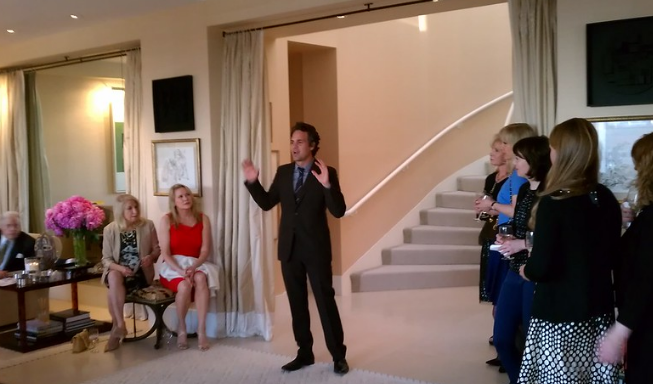
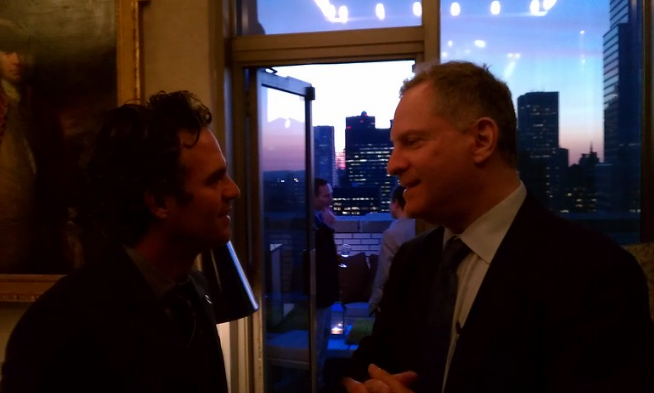
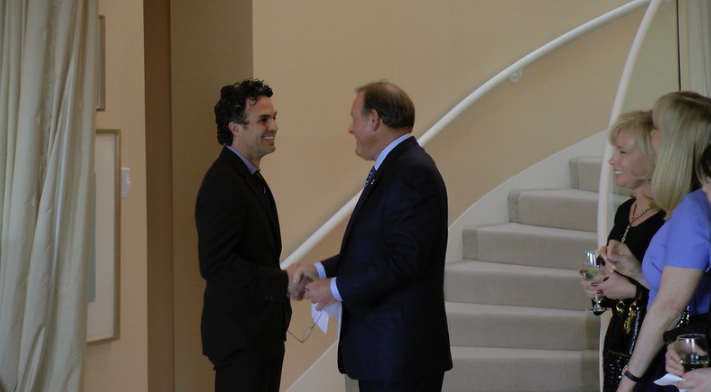
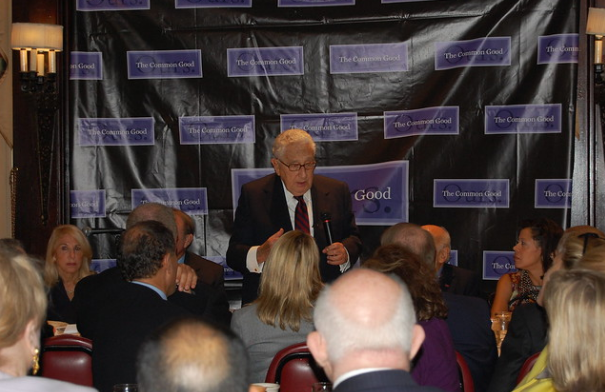

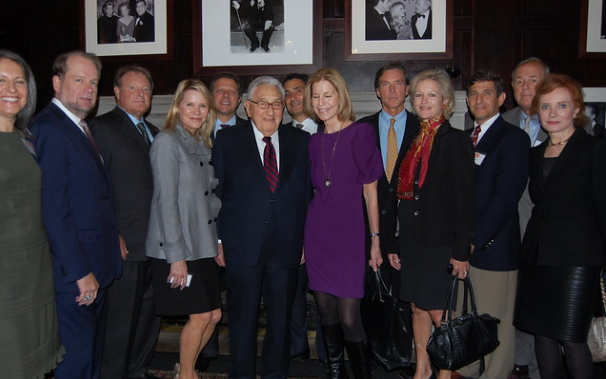

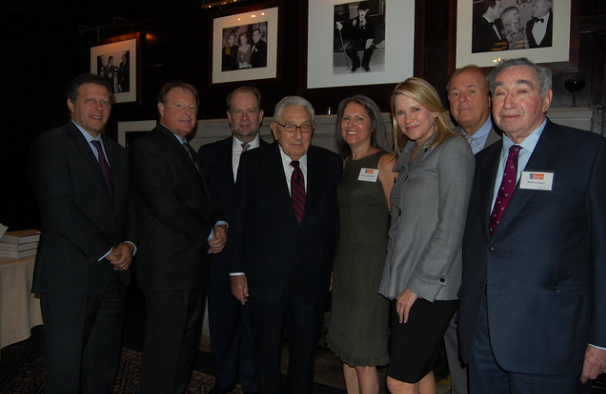
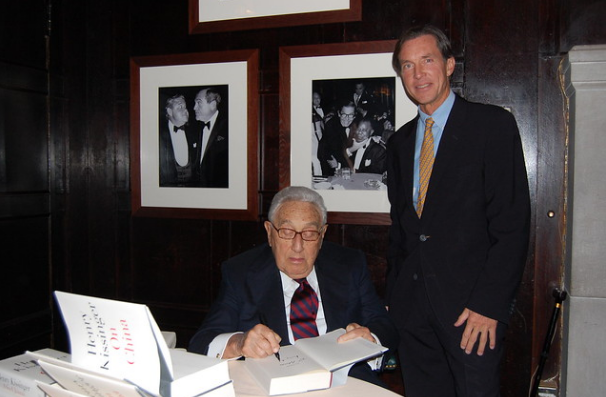
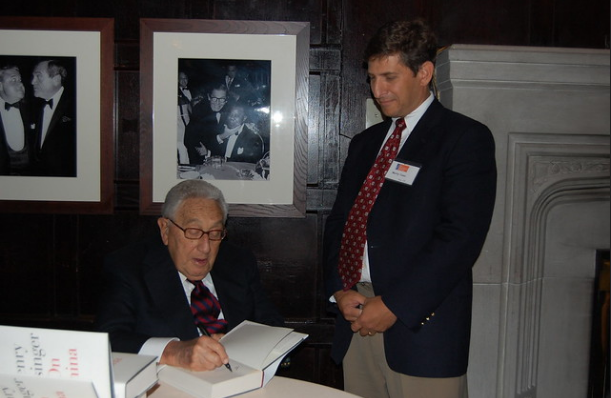
![henry 2].PNG](https://images.squarespace-cdn.com/content/v1/5d03d3e13dba730001281532/1561132026498-L5OW8FMI7RA3B4HCPEBO/henry+2%5D.PNG)
